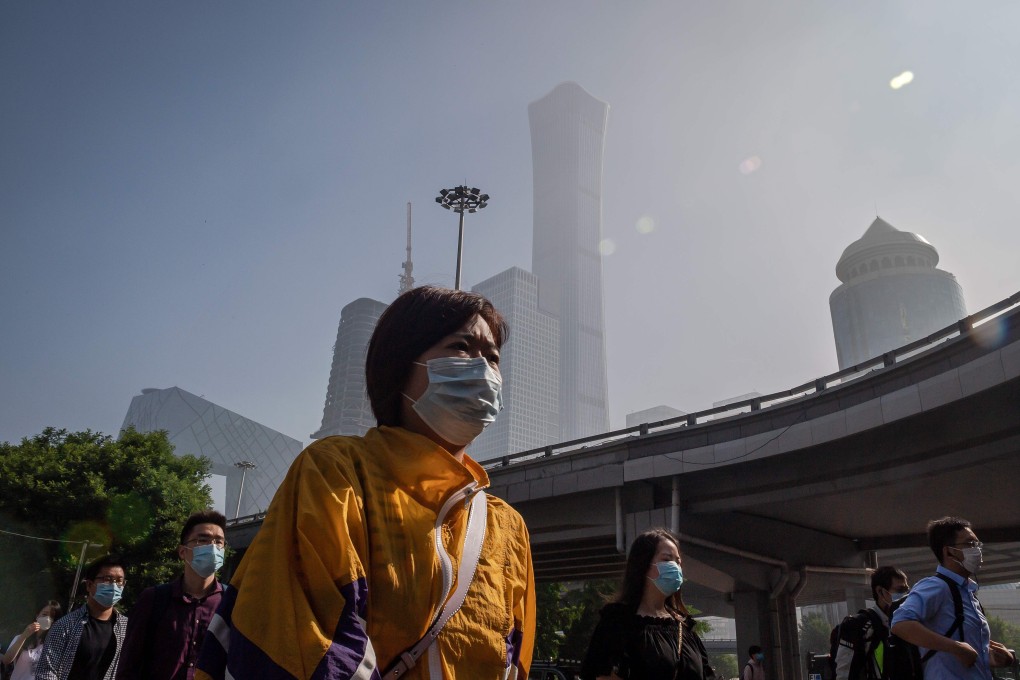Macroscope | Coronavirus or not, China must focus on the big picture: economic reforms
- For China, the short-term coronavirus shock is coming on top of an economic slowdown. Policymakers now gathered at the annual NPC session remain cautious about an all-out stimulus, and will be eyeing long-term reforms to improve economic structure and boost productivity

To take a step back, the Chinese authorities have in the past few months published a series of documents pledging to push forward reforms. These reforms could also be raised for review and discussion during the NPC meeting.
Admittedly, the Covid-19 outbreak poses the foremost threat to Chinese economic growth at this moment. Despite its unprecedented severity, this pandemic should be deemed a short-term economic challenge, which could be mitigated with stimulus policies. However, for China, this short-term shock is coming on top of a secular economic slowdown.
Policymakers remain cautious about an all-out stimulus, in case it might introduce further long-term risks into the economy. Therefore, they are eyeing long-term reforms to improve economic structure and boost productivity.

03:35
The ‘two sessions’ explained: China’s most important political meetings of the year
